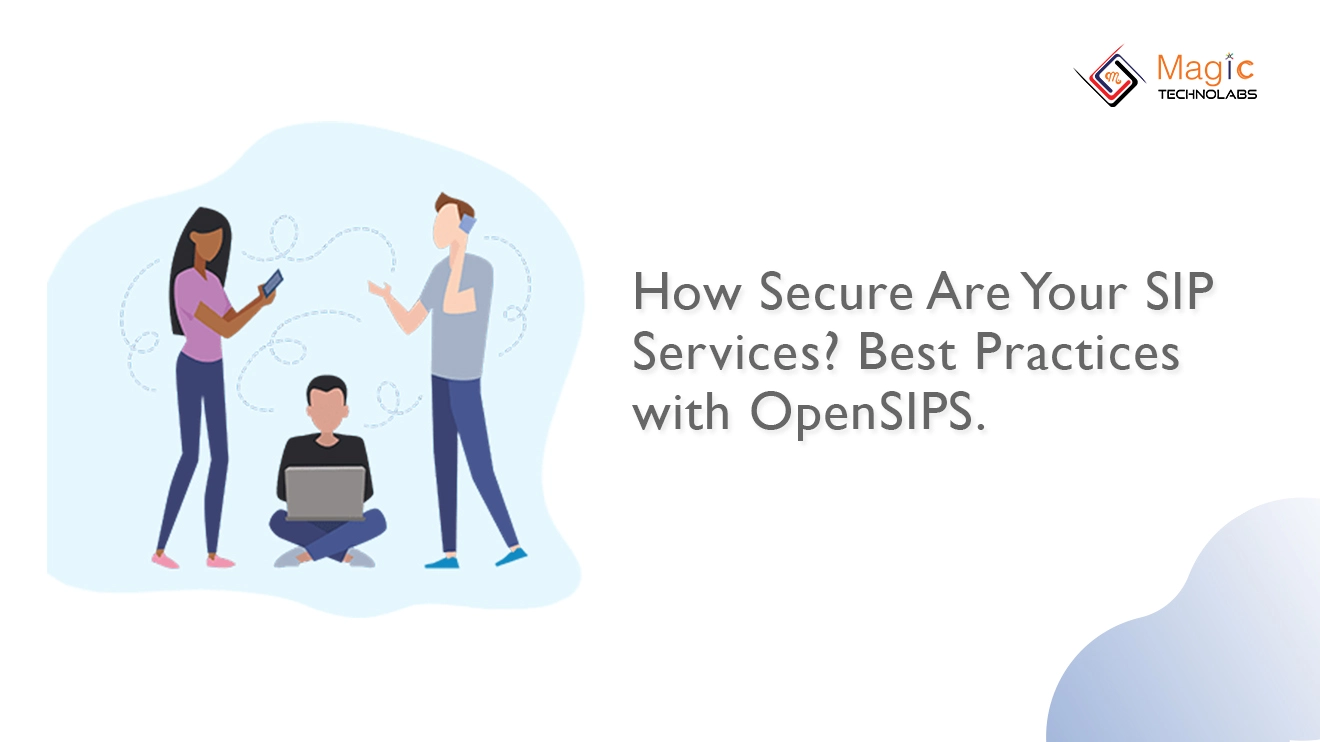Securing your SIP (Session Initiation Protocol) services is a critical aspect of maintaining a reliable and trustworthy communication infrastructure. OpenSIPS, as a powerful open-source SIP server, offers a range of best practices to fortify the security of your SIP services.
Encryption with TLS: Implement Transport Layer Security (TLS) to encrypt SIP signaling. This ensures that communication between users and the SIP server remains confidential and secure, preventing unauthorized access.
Robust Authentication: Enforce strong authentication mechanisms, such as digest authentication. This verifies the identity of users and devices attempting to connect to the SIP server, reducing the risk of unauthorized access.
Firewall Protection: Configure firewalls to monitor and filter SIP traffic. By doing so, you create a barrier that helps detect and block potentially malicious activities, enhancing overall security.
Rate Limiting for Brute Force Prevention: Employ rate limiting to mitigate the risk of brute force attacks. Restricting the number of authentication attempts within a specific timeframe adds an extra layer of protection against unauthorized access.
Regular Software Updates: Keep your OpenSIPS server up to date by applying regular software updates. Updates often include security patches and improvements, addressing vulnerabilities and strengthening the server's defenses.
Topology Hiding: Conceal the internal structure of your network with topology hiding mechanisms. This prevents potential attackers from gathering information about your network architecture, adding an extra layer of security.
Monitoring and Logging: Implement comprehensive monitoring and logging practices to track SIP traffic. By maintaining detailed logs and monitoring activities, you can promptly identify suspicious behavior and take immediate action against potential security threats.
Secure Configuration Practices: Configure OpenSIPS securely by following best practices. This includes securing administrative interfaces, disabling unnecessary features, and establishing strong passwords to fortify access points.
Regular Security Audits: Conduct periodic security audits to identify and address potential vulnerabilities. Proactive measures ensure that your SIP services remain resilient against emerging security threats.
Intrusion Detection Systems (IDS): Deploy intrusion detection systems to continuously monitor SIP infrastructure. IDS alerts provide early detection of abnormal patterns, enabling swift identification and mitigation of potential security breaches.
By adhering to these best practices, OpenSIPS empowers you to create a robust and secure environment for your SIP services. Proactive security measures, encryption, authentication, and regular updates collectively contribute to a fortified defense against evolving security challenges in the realm of communication technology.
















